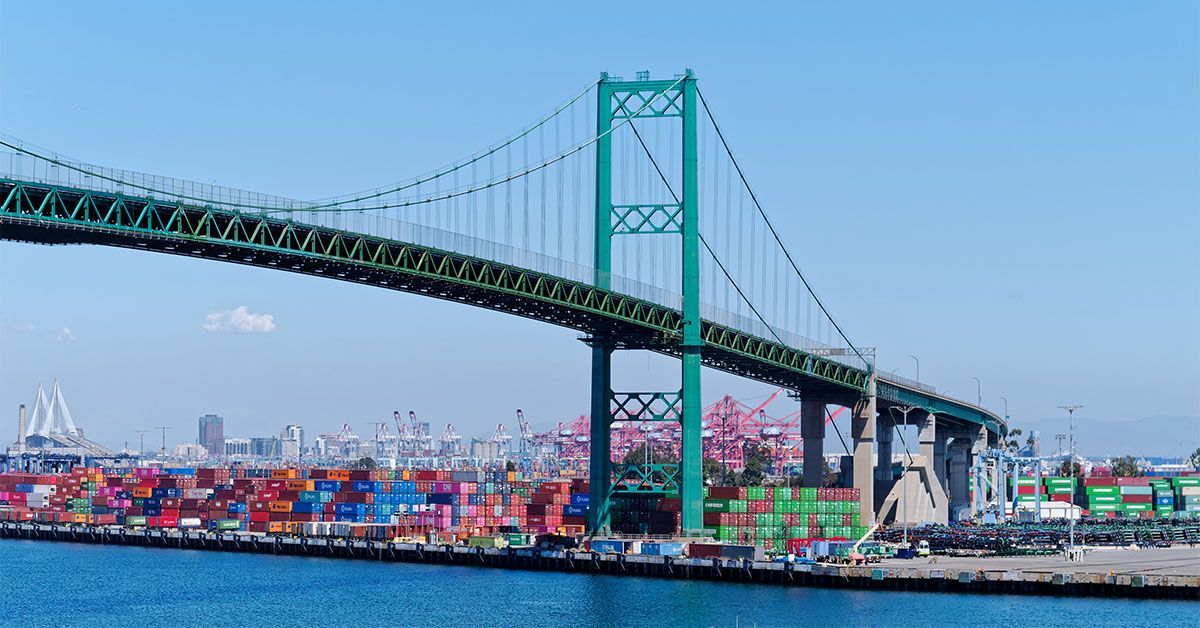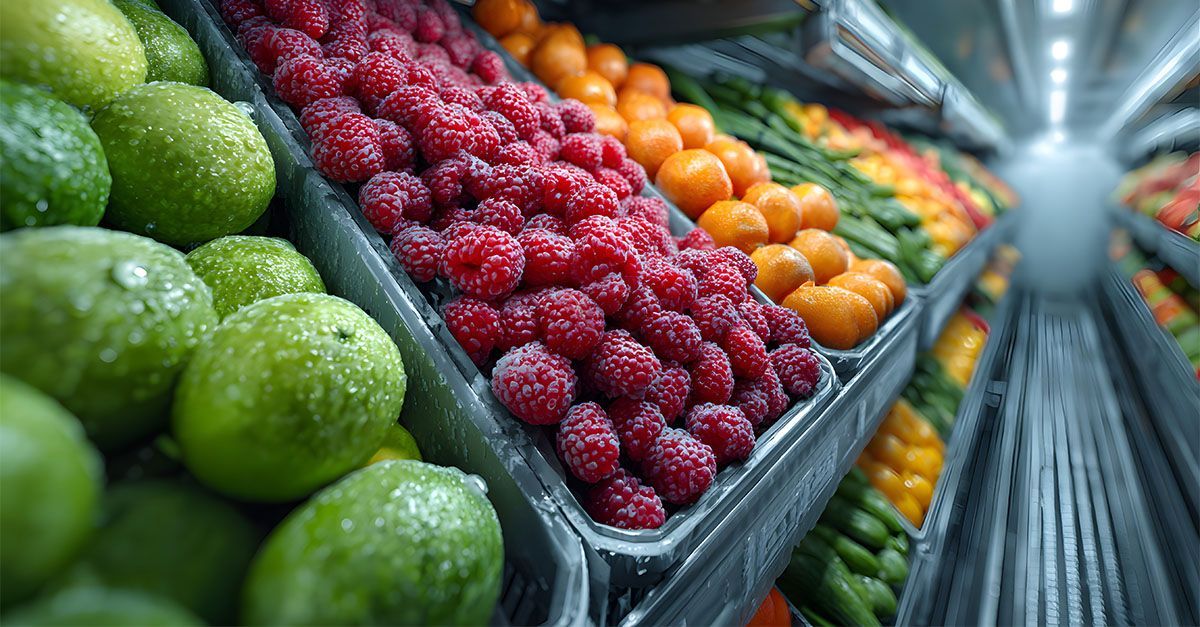Produce Shipping Top 4 Best Practices for Shippers to Know
Blog Post CTA
Produce Shipping Top 4 Best Practices for Shippers to Know
In such a face-paced industry, shipping produce requires more effort than most would think due to deliveries having such a short timeframe. Shipping produce requires immense coordination due to the shelf life, temperature, and transportation requirements for freshness. Looking into the enormous effect recall cost has in the food industry, Food Safety Magazine states, “The average cost of a recall to a food company is $10M in direct costs, in addition to brand damage and lost sales according to a joint industry study by the Food Marketing Institute and the Grocery Manufacturers Association.” Understanding the produce shipping best practices for shippers can promote proper produce transportation and ensure freshness for shipment pickup or delivery.
Track Produce Shelf Life
To properly ship produce and provide the customer with the best freshness and longest shelf life possible, shippers need to learn the average shelf life for each product. Knowing the produce shipping best practices for shippers can make it easier for them to work against the clock. The pressure is high on shippers to secure transportation and the dedicated trucking solutions needed to get the produce on the shelf before spoiling.
The following high-density produce have a shelf life of seven days or more:
- Onions
- Potatoes
- Carrots
- Apples
- Cabbage
- Garlic
- Celery
Produce with a medium density that will no longer have freshness after four days include:
- Oranges
- Broccoli
- Avocados
- Peppers
- Peaches
- Spinach
- Tomatoes
- Watermelon
Light density produce has a shelf life expectancy of only a day or two, which includes:
- Melons
- Cucumbers
- Strawberries
- Bananas
- Corn
- Green Beans
- Grapes
- Lettuce
- Zucchini
Knowing the shelf life expectancy for various produce can help shippers understand the delivery window time available.
Transport Produce Safely
Since produce is a more sensitive type of freight to haul due to the differences in temperature and shelf expectancy, produce shipping best practices for shippers is critical. If shippers do not follow the expected guidelines, the chance of the produce remaining safe for buying at the market grows slim. To properly transport produce products, the Food Modernization Safety Act (FMSA) states that vehicles must be clean, kept at a safe temperature, shipped through a carrier with proper training and documentation of compliance. The requirements ensure that produce will remain safe for purchasing and prevent the risk of contamination.
Track the Produce Temperature
As part of produce shipping best practices for shippers, they must understand the temperature needed for each produce item. A regulated temperature is vital for keeping consistent quality while delivering produce. Depending on the type of produce, temperatures can range from 32 degrees Fahrenheit to a high 60. Shippers will have the proper temperature from the bill of lading to ensure refrigerated trucks stay gauged at the appropriate temperature. Even simply transporting produce at the wrong temperature can hinder the freshness and shelf expectancy of the produce items.
Steps to Prevent Recalls
Along with the other produce shipping best practices for shippers, they must also process product recalls’ severity and impact in the produce market. Taking the proper steps to avoid recalls can save companies from future lawsuits and meet the global food safety standards. Such characteristics that prevent produce-related recalls from occurring include:
- Ensure the proper divisions in produce to maintain the integrity of each batch.
- Clean thoroughly and frequently to maintain sanitation and prevent contamination.
- Maintain effective HACCP programs, and learn from the “close calls” and actual recall occurrences.
- Have all the proper documentation on each batch or individual produce item.
- Use a well-established form of communication and make sure everyone in the supply chain understands the rules and standards.
Using the produce shipping best practices for shippers and understanding the characteristics from the list above can prevent a recall from happening. Taking the proper steps and care to follow the fundamental principles for maintaining fresh produce, providing safe transportation, and avoiding produce-related recalls can benefit everyone throughout the supply chain.
Ensure These Produce Shipping Best Practices Are in Action by Partnering With Entourage
As tedious and stressful as it can be to transport produce, knowing produce shipping best practices for shippers can benefit companies in the long run. To maintain safe and efficient transportation, shippers must learn about the produce itself and the process. Transporting time-sensitive cargo can be stressful; however, the right partner can make it easier than ever. To put shippers’ knowledge to the test and get started with produce transportation contacting Entourage Freight Solutions today.









